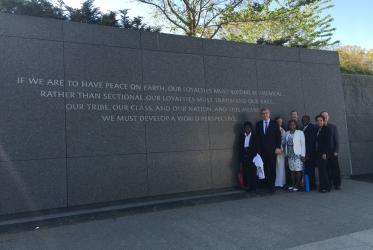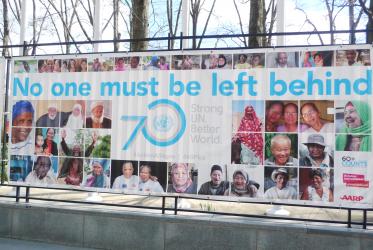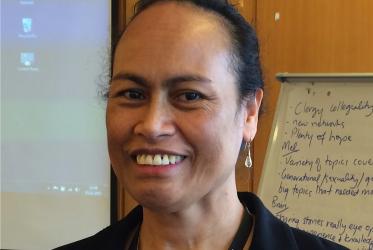Displaying 81 - 100 of 118
09 July 2016
Religious leaders as agents of peace in the Americas
02 March 2016
Symposium focuses on religion, violence, extremism
04 February 2016
Church challenge: Welcoming "strangers" in a climate of fear
18 November 2015
L’Église au défi: Accueillir des «étrangers» dans un climat de peur
18 November 2015






